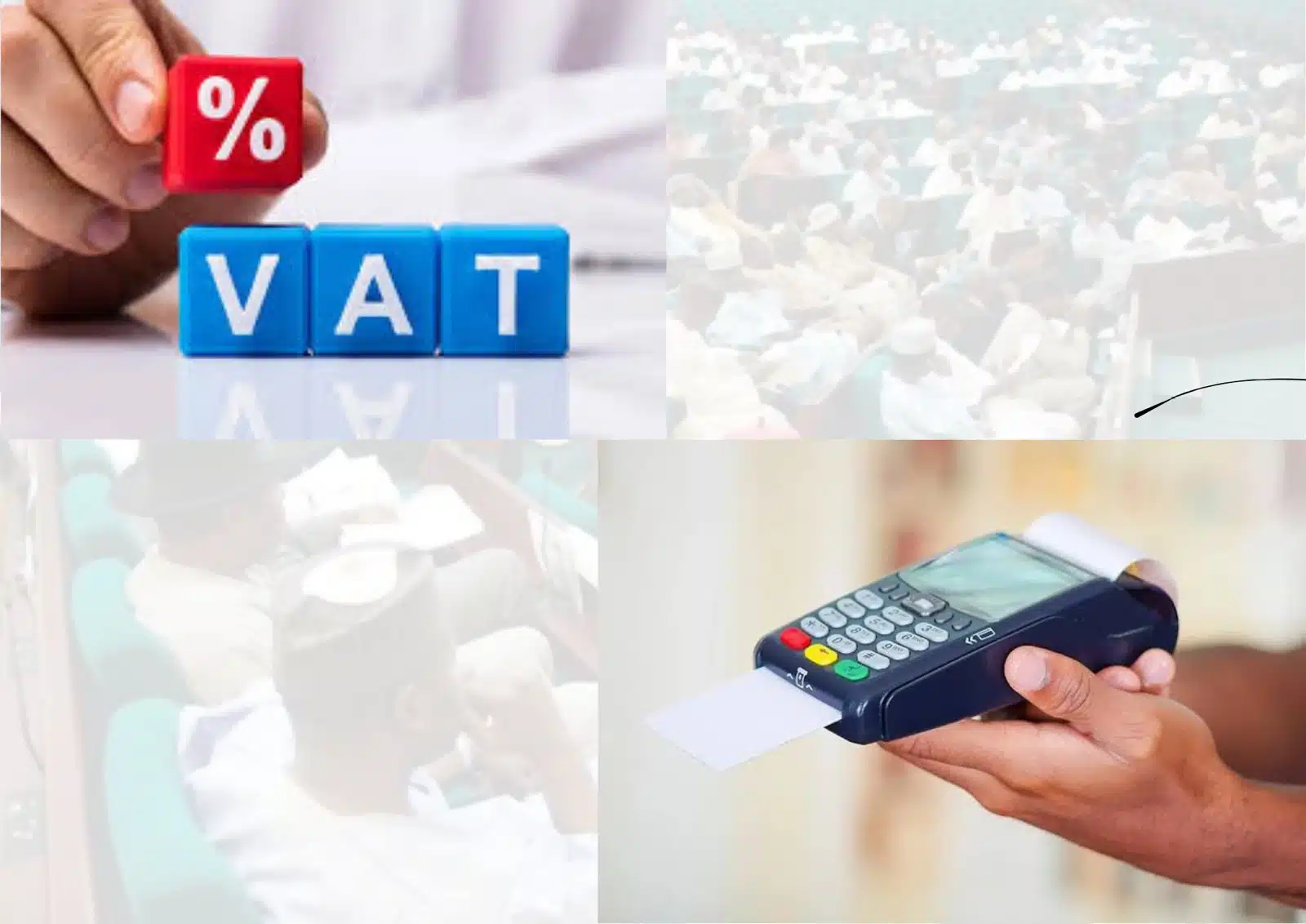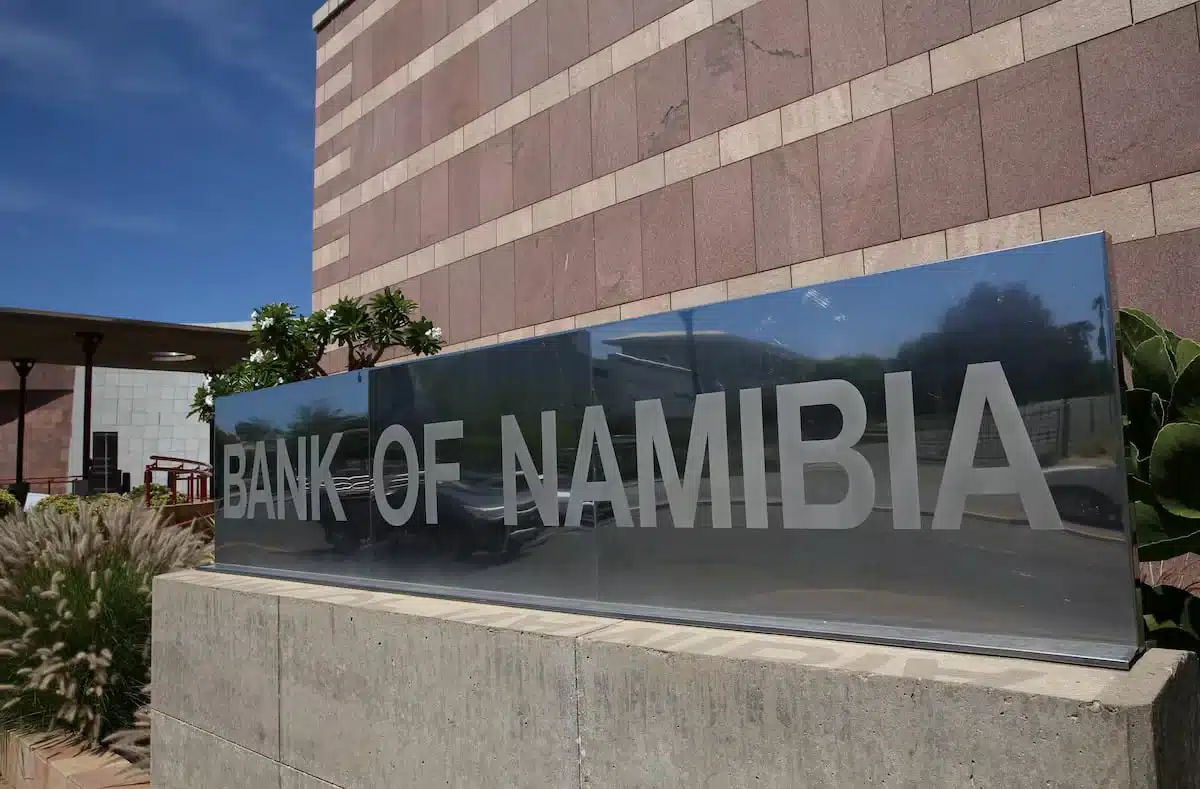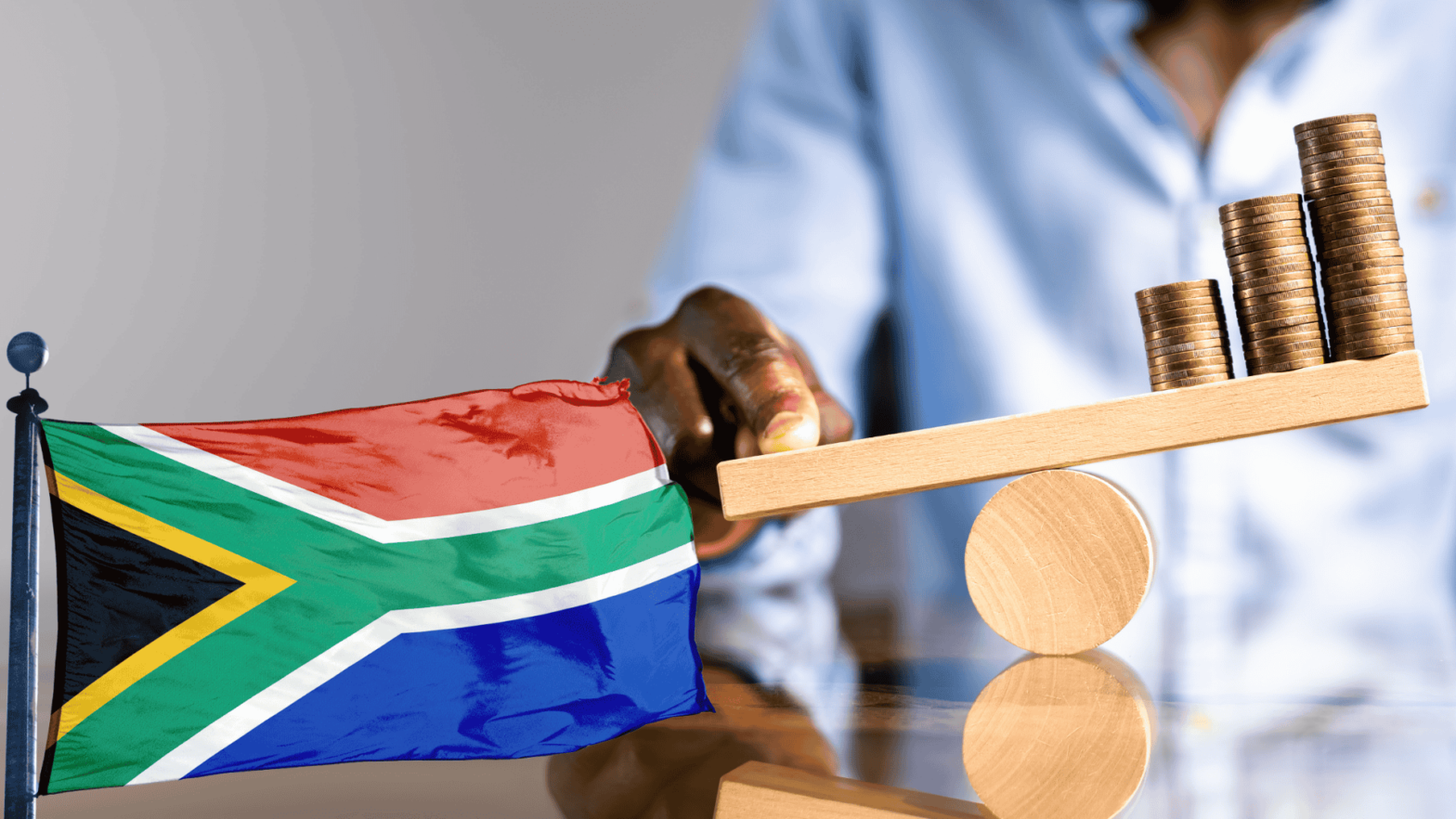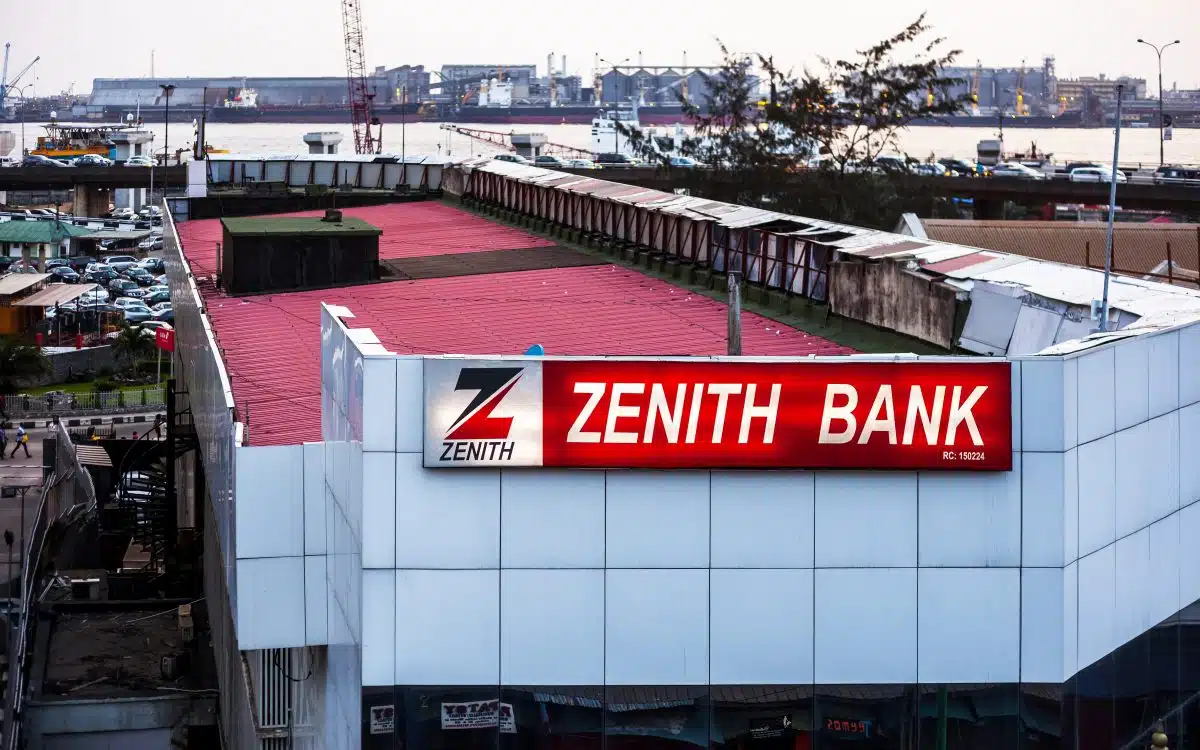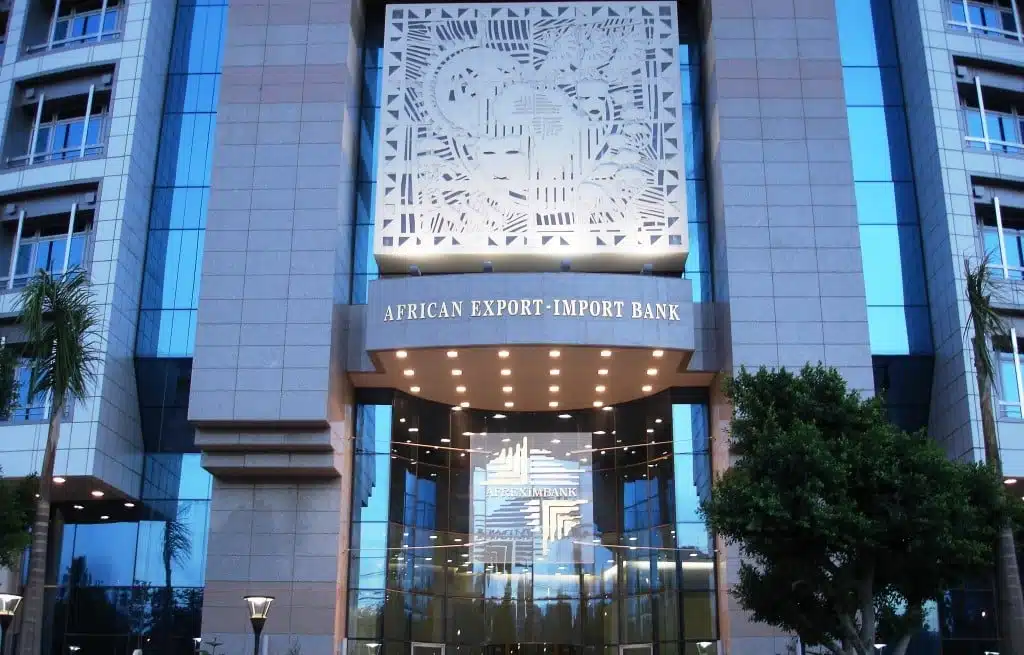The Nigerian government plans to raise ₦230 billion by 2025 through a tax on digital money transfers, called the Electronic Money Transfer Levy (EMTL). This tax was introduced in 2020 and charges ₦50 whenever you send ₦10,000 or more via digital platforms, such as bank transfers and apps.
Initially, this tax only applied to banks, but things changed in September 2024. The government realised that more Nigerians were using fintech apps like Opay, Moniepoint, and Palmpay to transfer money. In 2023, these apps handled a total of ₦46.91 trillion in transactions. So, in September 2024, the government decided to extend the EMTL to include these apps as well, with the new rules going into effect on December 3, 2024.
Why is the government doing this?
The rise of cashless transactions is the major reason behind the change. More people are using their phones and apps to send money instead of relying on cash. In 2023, Nigerians completed ₦600 trillion in cashless transactions, a huge jump from ₦395 trillion in 2022.
Apps like Opay, Moniepoint, and Palmpay are leading the charge, with millions of users transferring billions of naira every month. That’s why the government has decided to extend the tax to these fintech apps.
So, what does this mean for you?
If you’re transferring ₦10,000 through any banking app, the ₦50 tax means you’ll pay a little extra. While it may seem like a small amount, for people who make frequent transfers, it adds up over time. It may also pose a problem when you have ₦10,000 is all you have left and what you want to purchase is exactly that amount.
POS (Point of Sale) operators who help you withdraw or send money through these apps have also already started increasing their charges to cover the new tax.
As more people turn to digital platforms, the government expects the tax revenue to grow. By 2027, the government aims to raise ₦305 billion. For now, they’re targeting ₦230 billion by 2025. This move also comes on the heels of the tax reform bills, whose plan to overhaul the tax system has generated widespread controversy.

